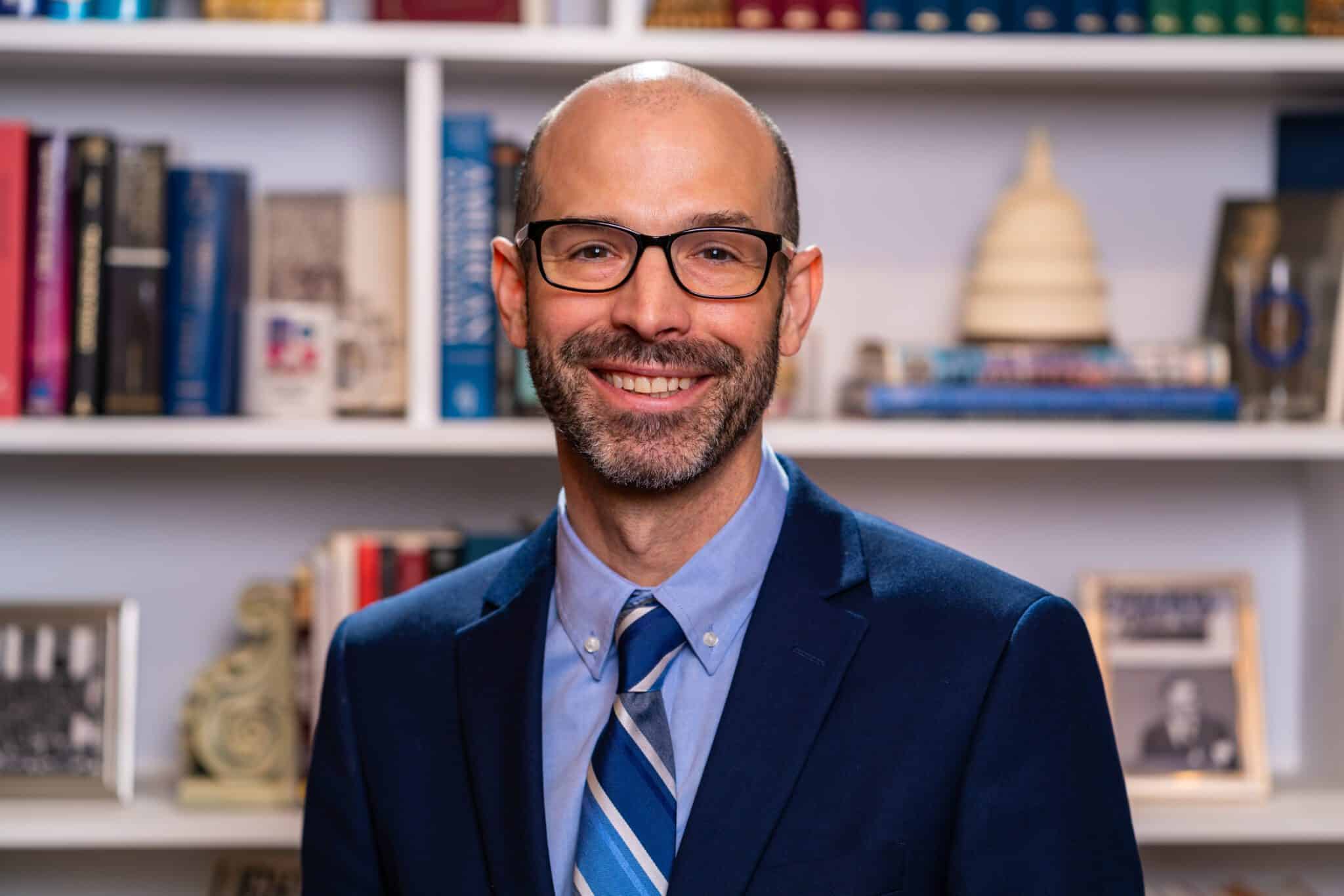The last few days have reminded us, once again, of the frailty of human life in the face of the human capacity to inflict sudden, deadly violence upon other people. The tragic death of Charlie Kirk yesterday came upon the heels of revelations about the murder of Iryna Zarutska, which occurred on Aug. 22. Charlie was murdered by a gunman who shot him from a distance. Iryna was fatally stabbed by a knife-wielding felon who sat behind her on a train. These attacks are deeply disturbing, not just intellectually, but viscerally. There is something that troubles us at a more fundamental level. Something that concerns us for ourselves and for our country.
Both Charlie and Iryna were assaulted without warning, struck down by attacks they never saw coming and by attackers they never knew. It shakes us to the core to know that sudden violence can be unleashed so quickly and effectively. As those privileged to live in what has been known as a civilized society, we forget that this is what it means to be human in a fallen world. Life is fragile. Death is always near.
It rattles us to think that we, like Charlie and Iryna, could be victims of such heinous crimes. Many of us have found ourselves on public transportation. Many of us have stood up and spoken to a group of people. Charlie, though a popular public figure, was a person just like you and me. Iryna was a regular person doing regular-people things, just like the children at Evergreen High School in Evergreen, Colo., where a shooting took place Sept. 10.
Riding the train, going to school, shopping at the mall, and attending church are all common activities in contemporary American society. But, increasingly over the last several years, violence casts a shadow over those normal activities. And, no matter how many precautions we take or how many ways we seek to arm ourselves for self-defense, nothing can change the fact that as long as there are other people in this world, even the most mundane human activities are not safe due to our fallen, sin-infested world.
We are deeply grieved that these things are happening in America, our land of the free and home of the brave. Within the last 18 months, there have been political assassinations in Minnesota, attempted political assassinations of both the governor of Pennsylvania and then-presidential candidate Donald Trump, a deadly shooting at Annunciation Catholic School, and now this: the murder of political activist Charlie Kirk. Nearly every day we collectively sense the simmering low-key threats of violence that bubble beneath the surface at youth sporting events, customer service desks, and other public places.
Our country is more violent, and it unsettles us. We want to live in a country that is safe — where we are safe. But we live in a country located squarely within a fallen world. A fallen world where sin crouches at the door seeking to pounce (Gen. 4:7), and when it pounces, death follows (Gen. 4:8).
As citizens of an earthly kingdom we call America, there are things we must do to push back against the darkness that is pressing in. We must oppose the release of violent offenders, condemn political violence, and defend free speech, for these are good and right.
But most importantly, as members of a heavenly kingdom, we must point people to Jesus Christ, for it is only through Him that the root cause of violence — the sin that pervades this fallen world and our hearts — can be overcome. And it is only through Him that our fear of death is cast away, eternal safety is secured, and people can truly live in freedom. This is what Charlie would want, for even in the midst of his political activism, he constantly reminded us that “It’s all about Jesus,” who “defeated death so [we] can live.”
— Miles S. Mullin II, Ph.D., serves as acting president of the Ethics & Religious Liberty Commission.
